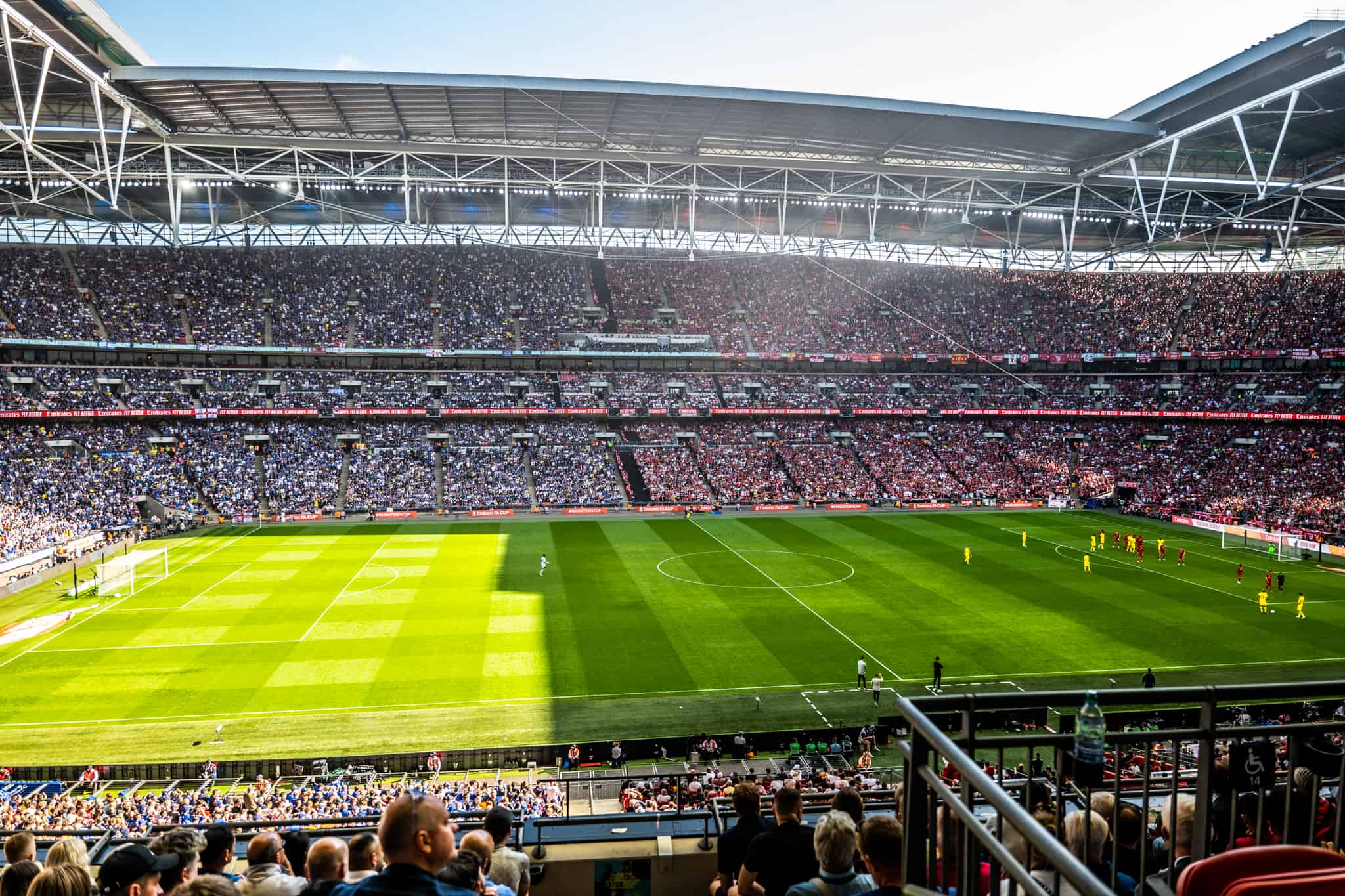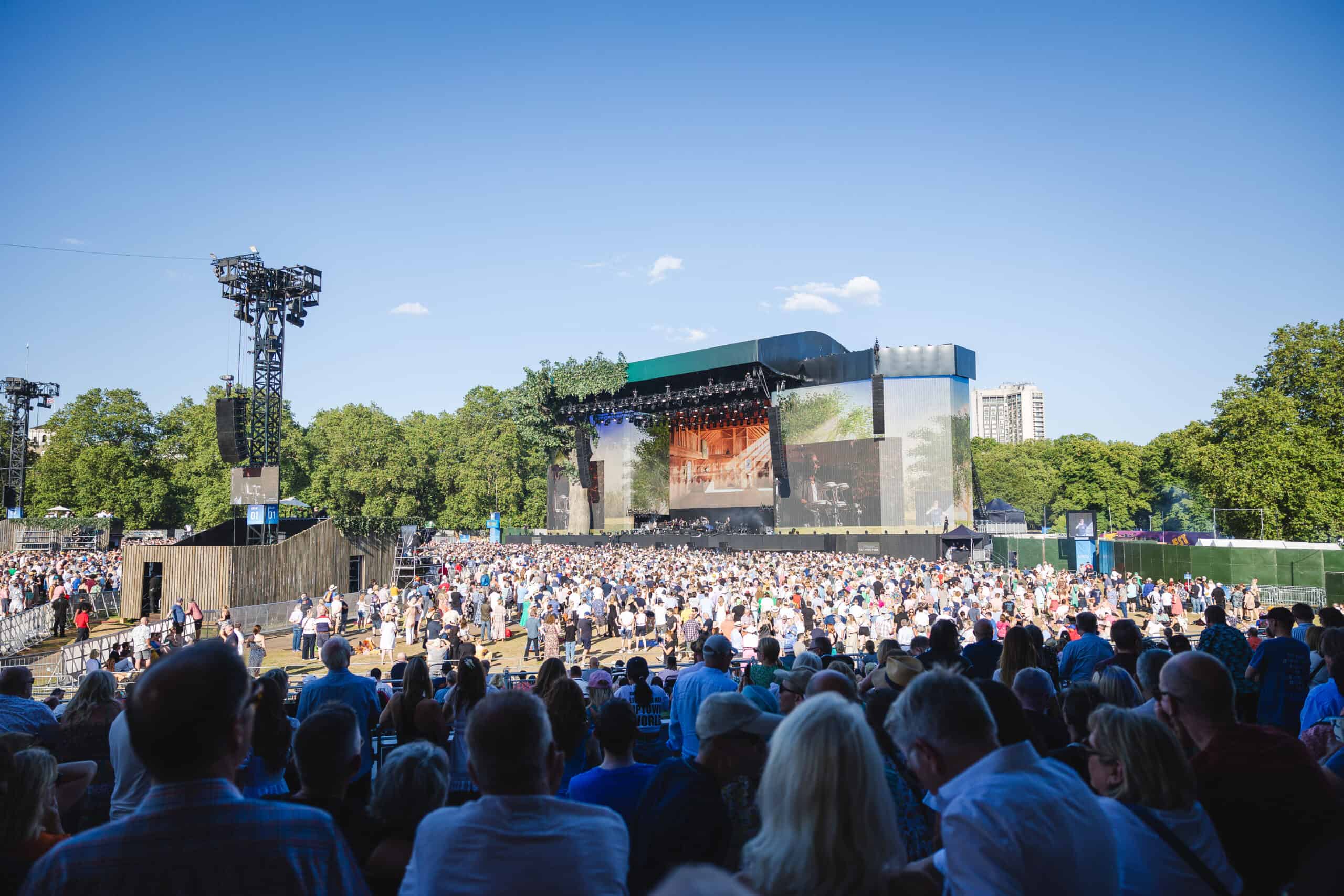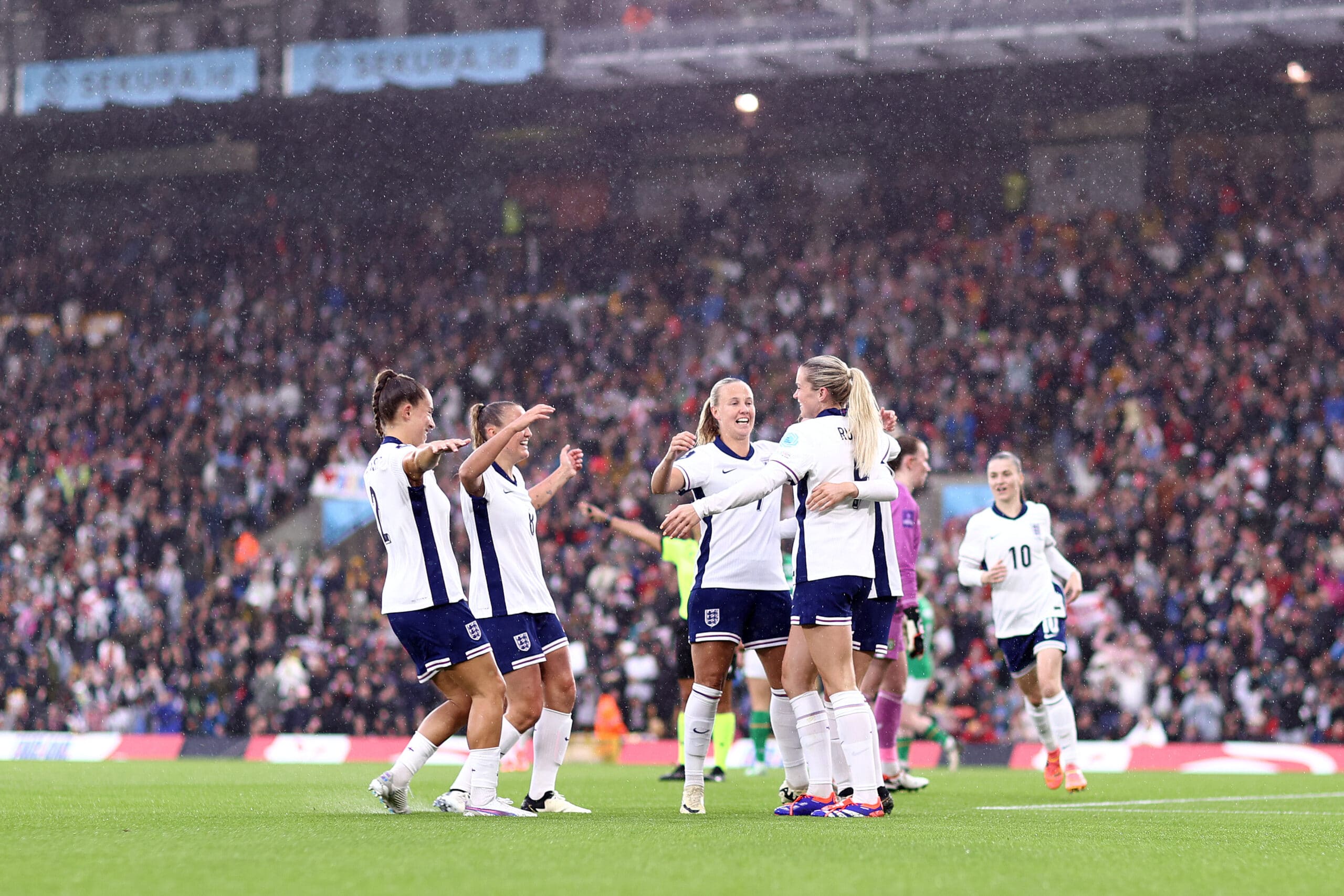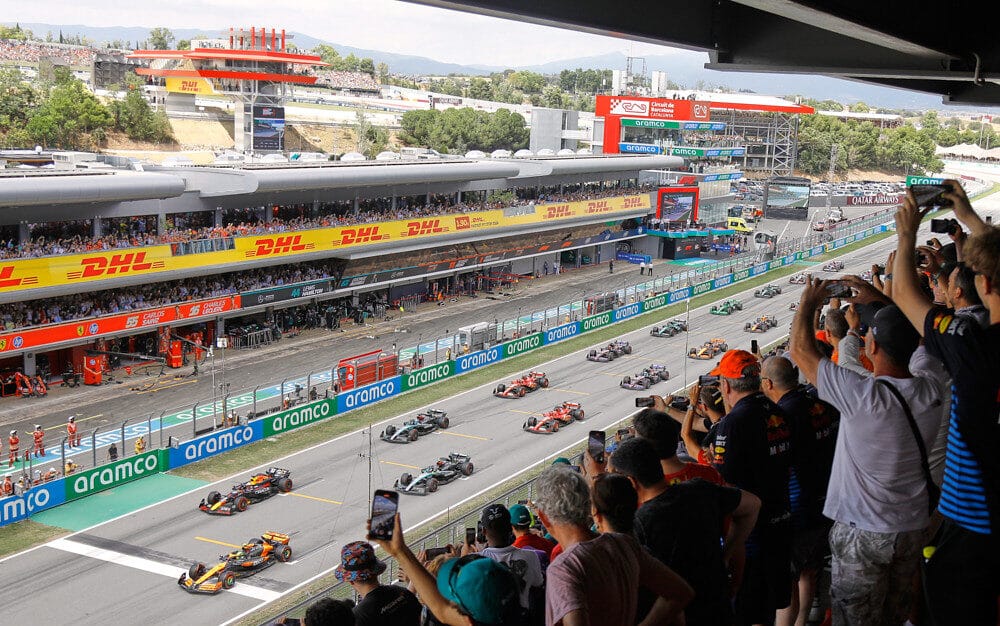The recent hot weather has got us all dreaming of summer, with the whole country desperate to turn on their ‘out of office’ and swap their laptops for sun, sea and cocktails.
Whether you’re planning on going away with your friends and family, have a work trip to organise or simply fancy a solo adventure, we’ve put together some of our favourite holiday destinations.
Barcelona
For those looking to combine a city break with a relaxing beach trip, destinations don’t get much more ideal than Barcelona. It’s one of the most vibrant cities in Spain, with so much to do – and it’s just a stone’s throw from some of the best beaches Europe has to offer.
Barcelona’s a city steeped in history and culture – visit the Sagrada Família, take a stroll down La Rambla and enjoy a sangria or two on the beach. And if you’re in a sporty mood, why not combine your trip with some live action?
Head to the Nou Camp to see Barcelona continue their quest for the La Liga title or head to Circuit de Barcelona-Catalunya for the Spanish Grand Prix at the end of May. As part of Engage’s ROAM package, we’ll do the hard work for you by arranging accommodation, transfers and luxury hospitality at the iconic Formula One event.
Join us for a three night stay from Friday 30th May until Sunday 1st June – enquire today to reserve your place.
Paris
Just like Barcelona, Paris is perfect for a city break, although the weather is slightly more unpredictable. Known as the city of love, the French capital is ideal for a romantic weekend away with your other half – but don’t worry, there’s plenty to do once you’re bored of each other’s company.
If you can handle heights, a trip to the top of the Eiffel Tower is always worth it for unrivalled views of the city. Plus, a river cruise down the Seine is the best way to see Paris’ essential landmarks, including the Louvre and the Notre-Dame Cathedral.
It’s the home of football giants Paris Saint-Germain so sports fans can enjoy an evening of Ligue 1 or Champions League action. And for tennis lovers, why not time your trip to coincide with the French Open at Roland-Garros, which gets underway at the end of May?
Milan
Versatile holiday destinations don’t get much better than Milan. By using the Italian city as a base, you’ll be able to have multiple holidays in one. Explore the city to enjoy the shopping scene and historical landmarks including the stunning Duomo di Milano.
Then if you fancy something a bit different from the city culture, you can hop on a train to the stunning lakes. Both Lake Como and Lake Garda are just a short train ride away and offer picturesque views, with countless beautiful little towns to spend the day getting lost in, including Como and Bellagio.
Plus, if you time your trip right, you can make the most of the other ROAM holiday package we have to offer. This September, we’re offering Engage customers the chance to join us for three nights in Lake Como to enjoy the Italian Grand Prix at Autodromo Nazionale Monza. Enquire today to reserve your place.
New York
If you fancy getting out of Europe, why not consider New York? You can get to the Big Apple in around seven hours from the UK, meaning a short trip is just about manageable with minimal jet lag. It’s one of the most popular destinations on the planet for a reason, with plenty to see, including the Statue of Liberty, the Empire State Building, Central Park and Times Square.
As well as all the local landmarks, there’s also plenty of sport to enjoy. There’s something for everyone, whether you fancy watching the US Open at Flushing Meadows in August, taking in some baseball watching the New York Yankees, enjoying some hoops with the New York Knicks or getting your NFL fix with the New York Giants.
Singapore
As we continue on the theme of combining holiday destinations with sporting events, there are so many to choose from on the Formula One calendar, including Las Vegas, Brazil, Mexico and Monaco. If you’re in the mood for somewhere a bit different, why not consider Singapore?
The Singapore Grand Prix takes place in October, which will give you some much-needed sun when the UK summer heat has well and truly disappeared. A trip to Singapore will open you up to a brand-new culture, offer incredible new food opportunities and can be used as a springboard for a wider Asian trip, with Malaysia and Indonesia close by.














